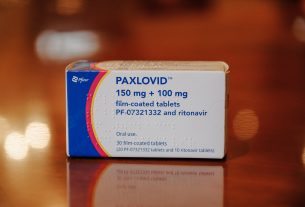A new drug, baxdrostat, has demonstrated significant effectiveness in lowering blood pressure among patients with treatment-resistant hypertension, according to results from the Phase III BaxHTN clinical trial.
The study, involving 796 participants across multiple countries, found that patients receiving baxdrostat experienced a reduction in systolic blood pressure of approximately 9–10 mmHg more than those on placebo after 12 weeks. Notably, around 40% of patients treated with the drug achieved healthy blood pressure levels.
Baxdrostat works by selectively inhibiting aldosterone synthase, a key enzyme responsible for producing aldosterone—a hormone linked to salt retention and elevated blood pressure. By targeting this pathway, the drug offers a novel approach for individuals who do not respond to conventional therapies.
Researchers and clinicians have described baxdrostat as a potential breakthrough for the estimated 1.3 billion people worldwide living with hypertension, particularly those whose condition remains uncontrolled despite multiple medications.
【Sources: AstraZeneca Press Release, ScienceDaily Report, ESC Congress Summary】



